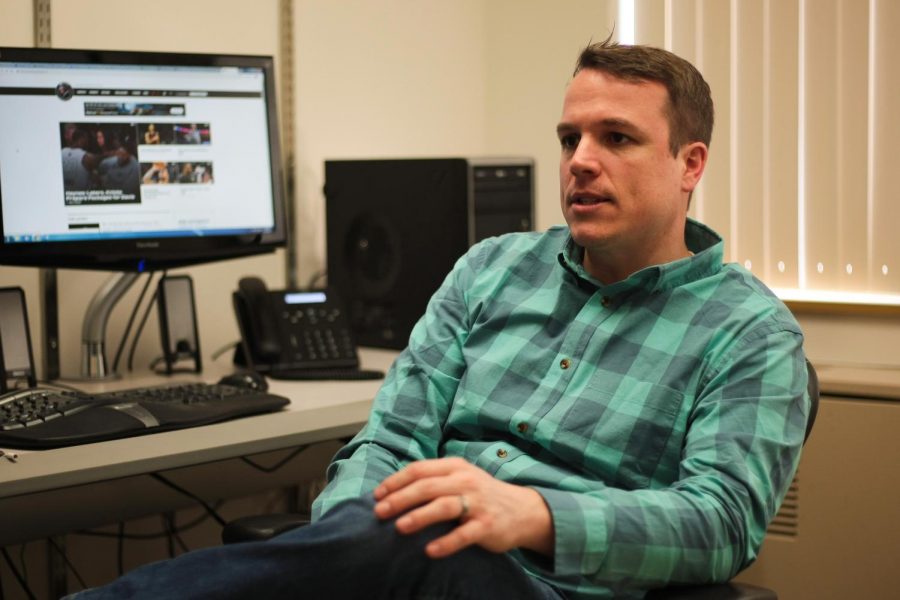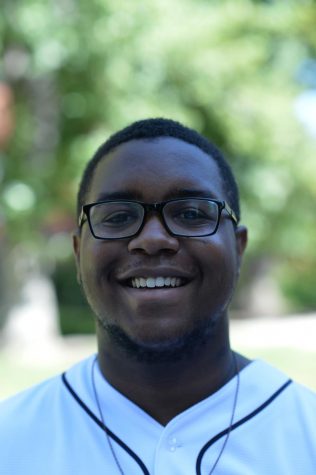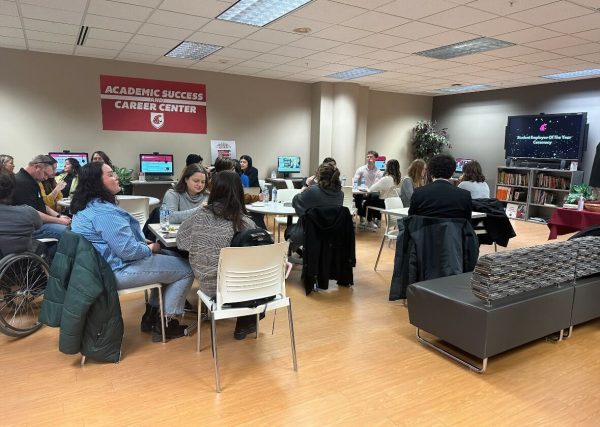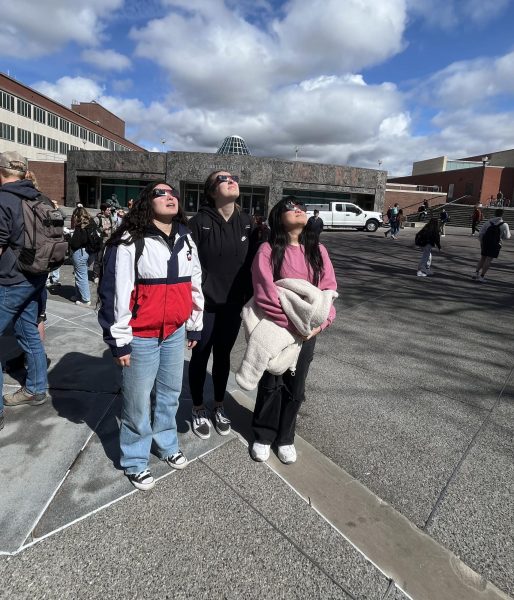Study will focus on whether college impacts health
$200,000 project, study will focus on long-term health effects of higher learning at college
BEN SCHUH | THE DAILY EVERGREEN
Ben Cowan, associate professor for the school of economic sciences, discusses his planned study on health trends exhibited by people who have attended higher education, including two- and four-year colleges.
January 29, 2019
Ben Cowan, an associate professor at WSU, received a $200,000 grant to study health effects of students in higher learning.
Cowan said they conducted this study to see why individuals with formal schooling tend to have better health outcomes later in life.
“The purpose of the study is to figure out what extent we can say something about whether college education has a quantifiable positive effect on health outcomes and behaviors later in life,” he said.
Cowan said WSU researchers will use a natural experiment. They will also consider when states expanded two year college systems throughout the past several decades, especially from the 60s and 70s in the study.
People in states with an expanding population that is coming of age at the right time, he said, are more likely to go to college.
“The hope is that by doing that, we can again, provide some evidence on this question of whether schooling, by raising people’s schooling, there are health benefits for them and for society later on down the road,” Cowan said.
He said via email the main purpose of the study is to contribute to the current debate on how states should subsidize two- and four-year colleges.
There are states, including Tennessee and Oregon, that make two-year colleges free for large groups.
“In economics, as in most social sciences, we don’t have the chance to study every question we want to answer in the lab … so we try to exploit things that happen in the real world that sort of mimic an experiment,” Cowan said.
He said that the benefits of subsidizing two- and four-year colleges depend on the extent to which administrators raise college achievement and what effects achievement has on future outcomes.
“We would like to be able to understand the mechanisms behind this correlation in the data between health outcomes, in one hand, and educational outcomes, on the other,” Cowan said.
He said via email health is a key marker of well-being, so they believe the effects of college access and achievement on health later in life is an important part of those benefits.
“I feel like we can make better public policy, that is, policies that help the most people at a reasonable cost, by answering some of these questions,” Cowan said.























